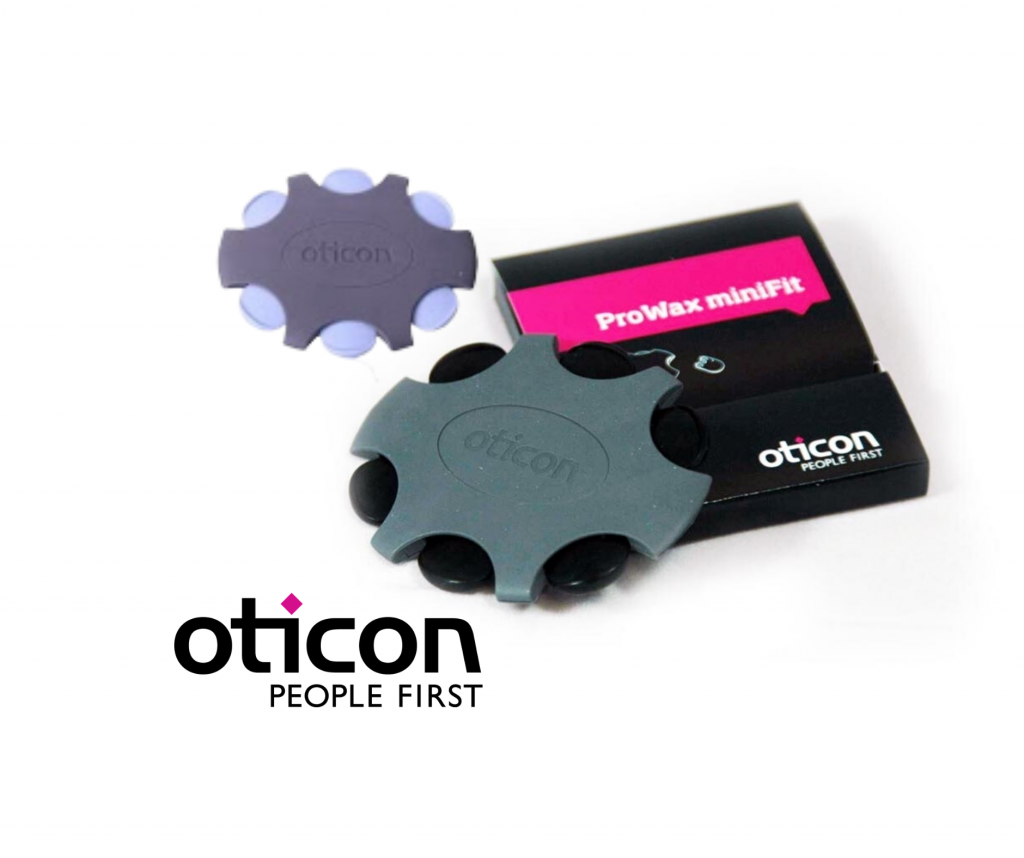Oticon Pro Wax waxguards
*Scroll down to view the step by step video of how to change the wax guards, but read here first!*
Many individuals using hearing aids for the first time is slightly confused with the use and functionality of their instruments and waxguards. (It may be worth mentioning right here that everyone using hearing aids do not make use of waxguards / wax filters. If you use a standard BTE with a mould or a slimtube you will not use a waxguard).
Cleaning and maintaining your hearing aids is the single thing that will ensure increased life span, consistent working and optimal performance of your hearing aids. It will also save you money in the long run!![]()
What are wax guards?
Wax guards acts as a filter to collect wax and moisture and prevent it from entering the speaker (receiver) part of your hearing aids. It is removable and replaceable.
But why?
Receivers / speakers of hearing aids don’t like wax or moisture, if wax or moisture gets into the receiver / speaker of your hearing aid it will affect the functionality and the hearing aid will have no sound or distorted sound or very soft sound. It will have to go to the lab and be repaired. Under warranty it usually carries no cost, but out of warranty it can be quite costly!
When To Change The Wax Guards?
No correct answer here really! Some people have barely any wax build-up and will not have to replace it in months, some has more wax build up and will have to replace on a monthly basis. It really depends on the amount of ear wax in your ear canal. Which is relatively different from person to person.
How do I know the wax Guard Needs Changing?
During your regular clean and care routine (at least once a week) take a good look at the speaker end of your hearing aid. Check your wax guard carefully and see if it has a lot of wax in it. If needs be, make use of a magnifying glass in a well-lit area. Most wax guards have a series of holes in the cup part of them that are visible to a good eye or with a magnifying glass. If they are blocked, or if you can’t see them at all, it is a good time to change them. Do not always wait for the sound to go off or to weaken because at that time it might be that the wax has invaded the speaker part itself.
The Oticon Pro wax / Pro wax mini / No wax will be in either one of the following packaging:
How to change my Oticon ProWax miniFit / ProWax or NoWax wax guard?
Contact us if you are in need of any other assistance!
Wierdapark – 012 653 3830
Saxby Medicross – 087 944 1803
Benoni – Northmead – 011 425 0171
